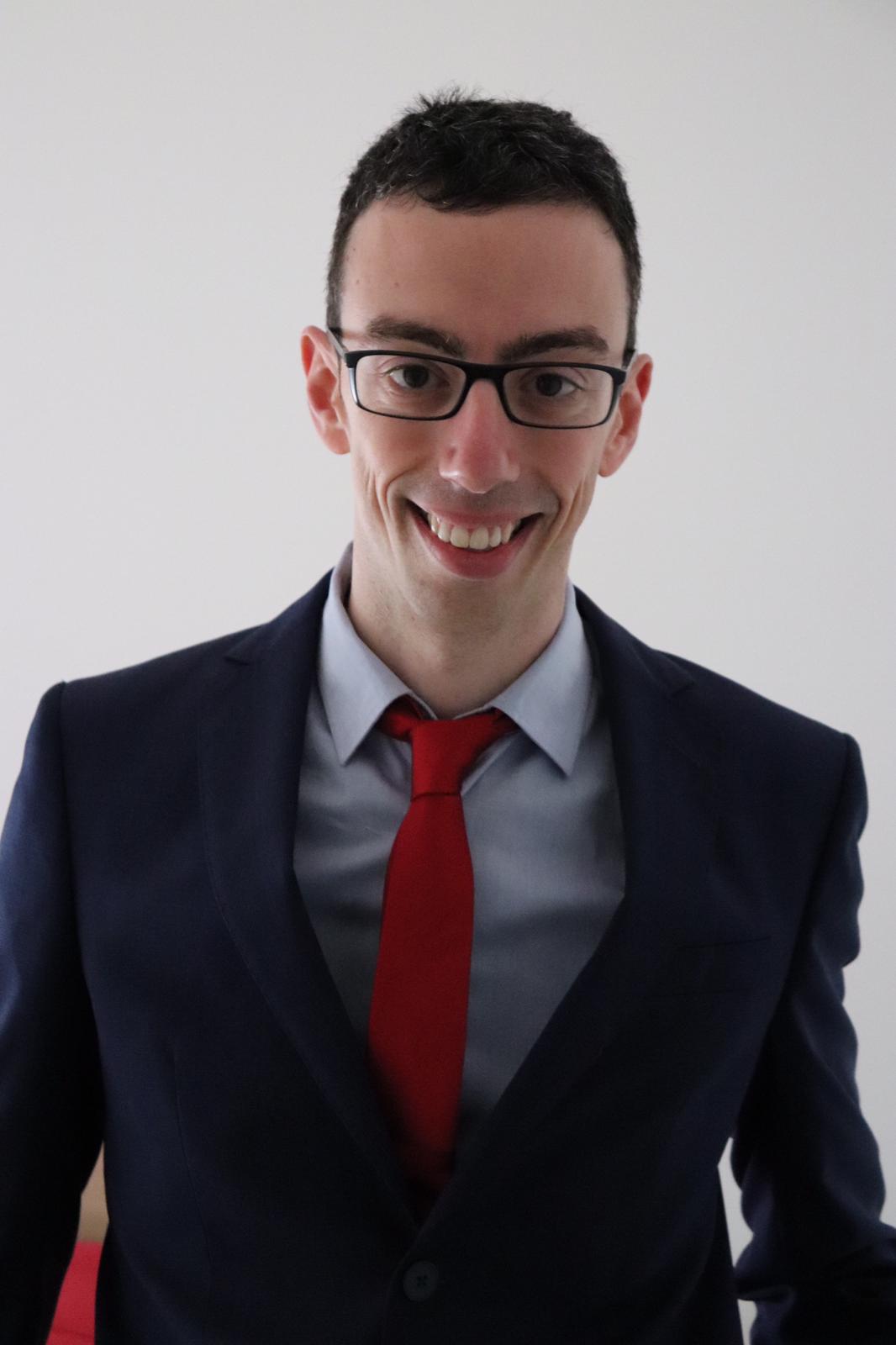Gabriele Bavota
Università della Svizzera italiana (USI), Switzerland

Program Comprehension in the Era of Large Language Models: Achievements and Challenges
Abstract Large Language Models (LLMs) have gained significant attention in the software engineering community. Nowadays developers have the possibility to exploit these models through industrial-grade tools providing a handy interface toward LLMs, such as GitHub Copilot. In this talk, I will present successful applications of LLMs to software engineering, with a particular focus on program comprehension tasks. Also, I will discuss new issues (relevant for both researchers and practitioners) arising from the usage of AI-based assistants in software engineering. The talk will be concluded by an agenda of future work in the area of LLMs for program comprehension.
BIO: Gabriele Bavota is an associate professor at the Faculty of Informatics of the Università della Svizzera italiana (USI), Switzerland, where he is part of the Software Institute and he leads the SEART research group.
He received the PhD in Computer Science from the University of Salerno, Italy, in 2013. His research interests include software maintenance and evolution, recommender systems, mining software repositories, and empirical software engineering. On these topics, he authored over 170 papers appeared in international journals and conferences and has received eight Distinguished/Best Paper awards at SCAM 2012, ASE 2013 and 2017, ESEC-FSE 2015, ICSE 2015, ICSME 2018, MSR 2019, and ICPC 2020. He is the recipient of the 2018 ACM Sigsoft Early Career Researcher Award for outstanding contributions in the area of software engineering as an early career investigator and the principal investigator of the DEVINTA ERC project.
More information is available at: https://www.inf.usi.ch/faculty/bavota/.
Sarra Habchi
Ubisoft

Cultivating Research to Enhance the CI/CD of AAA Video Games
Abstract Developing high-budget video games is a complex process that demands significant effort and meticulous organization. These games consist of an extensive amount of code, estimated to be in the tens of millions of lines, distributed across hundreds of thousands of files, and requiring tens of thousands of code changes. The development of modern AAA games poses additional challenges due to the need to manage multidisciplinary teams, including developers, artists, and sound engineers, which is markedly different from typical code-only projects. In addition, these games must be designed to be compatible and scalable across multiple platforms, including various consoles, PCs, and mobile devices. In this environment, unique engineering challenges emerge, requiring novel research and development solutions from our community. In this talk, I will provide a brief overview of the predicaments encountered by game development teams, focusing on the effectiveness and efficiency of testing and continuous integration processes. Drawing from practical experience, I will also discuss initiatives our research group has undertaken to address these challenges and demonstrate how such initiatives can be adopted in game production workflows. Finally, I will conclude with a discussion of open challenges, exploring potential research opportunities arising from the latest advances in AI and delving into its role in shaping future works.
BIO: Sarra Habchi is a research and development scientist at Ubisoft. She received her PhD in computer science from Inria with a thesis on the identification and tracking of mobile-specific code smells. Her research interests lie primarily in the area of software quality and reliability, with an emphasis on software testing, continuous integration systems, and automation tools. Sarra is currently leading the software engineering research group at Ubisoft La Forge, which focuses on quality engineering challenges in the video game industry.
More information is available at: https://habchisarra.github.io/.